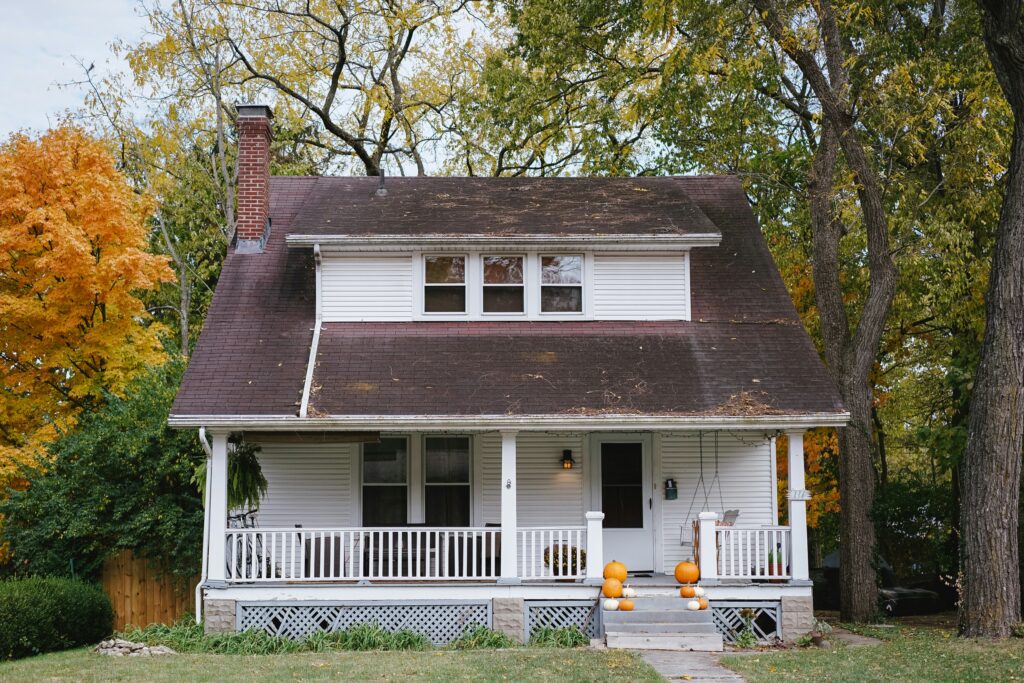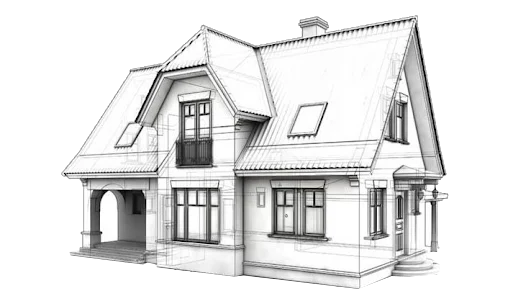
Tips for First-Time Buyers

Buying a home is an exciting milestone in anyone’s life, but it can also be overwhelming, especially for first-time buyers. One crucial step in the homebuying process is the home inspection. A home inspection provides buyers with valuable insights into the condition of a property, helping them make informed decisions and avoid costly surprises down the line. In this blog post, we’ll share essential home inspection tips specifically tailored to first-time buyers, ensuring a smoother and more confident homebuying experience.
- Hire a Qualified Home Inspector: Start by selecting a reputable and qualified home inspector. Look for certifications, licenses, and experience in the industry. A skilled inspector will thoroughly evaluate the property, providing you with a detailed report on its condition and any potential issues to consider.
- Accompany the Inspector: Whenever possible, attend the home inspection yourself. Walking through the property with the inspector allows you to ask questions, gain firsthand knowledge, and better understand the findings in the inspection report. It’s an opportunity to familiarize yourself with the property’s systems and maintenance requirements.
- Focus on Structural Elements: Pay close attention to the structural elements of the house, such as the foundation, walls, and roof. These areas are critical for the home’s stability and long-term durability. Look for signs of cracks, water damage, or sagging, as they could indicate underlying issues.
- Inspect Electrical and Plumbing Systems: Ensure the electrical and plumbing systems are in good working order. Test outlets, switches, and light fixtures to identify any faulty wiring or electrical hazards. Check for leaks, water pressure, and drainage issues in sinks, toilets, and showers. Faulty electrical or plumbing systems can be expensive to repair, so it’s crucial to catch any potential problems early on.
- Evaluate Heating and Cooling Systems: Review the heating and cooling systems, such as furnaces, air conditioners, and ventilation. Inquire about their age, maintenance history, and efficiency. These systems significantly impact comfort and energy costs, so it’s essential to assess their condition and potential lifespan.
- Look for Evidence of Water Damage: Inspect the property for signs of water damage, which can lead to mold, structural issues, and costly repairs. Check for stains on ceilings, walls, and floors, as well as musty odors. Water damage can be an indicator of leaks, poor insulation, or inadequate drainage.
- Consider Pest and Termite Inspections: Pests, including termites, can cause extensive damage to a home. Consider scheduling a separate pest inspection to identify any infestations or signs of pest activity. Early detection can save you from potential headaches and financial burdens.
- Review the Inspection Report: Carefully review the home inspection report provided by the inspector. It will outline the findings, potential concerns, and recommended actions. Take the time to understand the report thoroughly, seeking clarification on any aspects that are unclear. This information will help you make informed decisions about the property and negotiate repairs or price adjustments, if necessary.
By following these home inspection tips for first-time buyers, you can approach the process with confidence and peace of mind. Remember, a home inspection is not meant to be a deal-breaker but rather a tool to ensure you are well-informed about the property you are considering. Use the insights gained from the inspection to make sound decisions and proceed with your homebuying journey armed with knowledge.
A professional home inspection provides invaluable information and protects you from potential risks. Take advantage of this opportunity to gain a comprehensive understanding of the property, ensuring that your first home purchase is a solid investment for your future.
Happy home hunting and congratulations on taking this exciting step towards homeownership!
